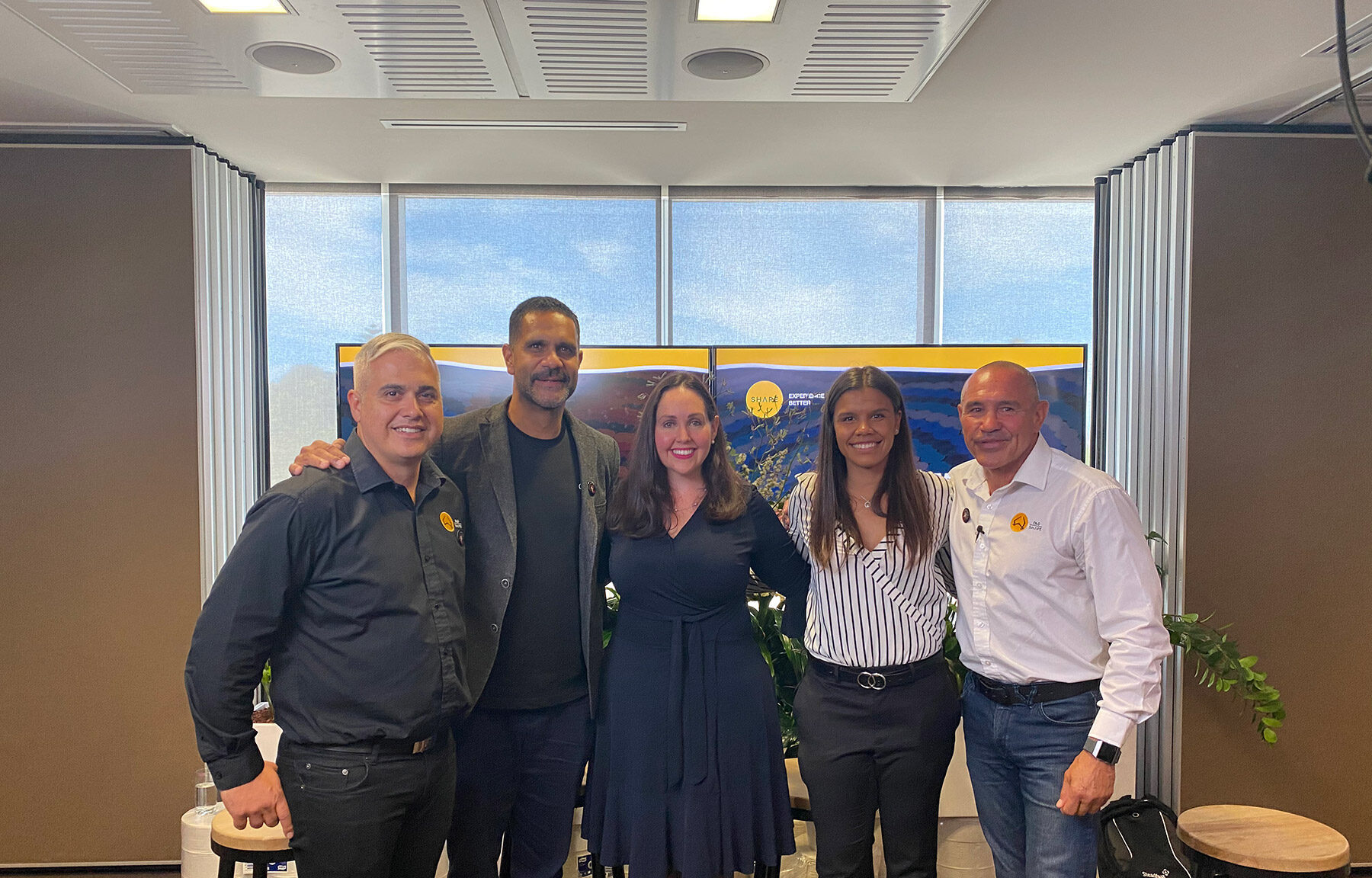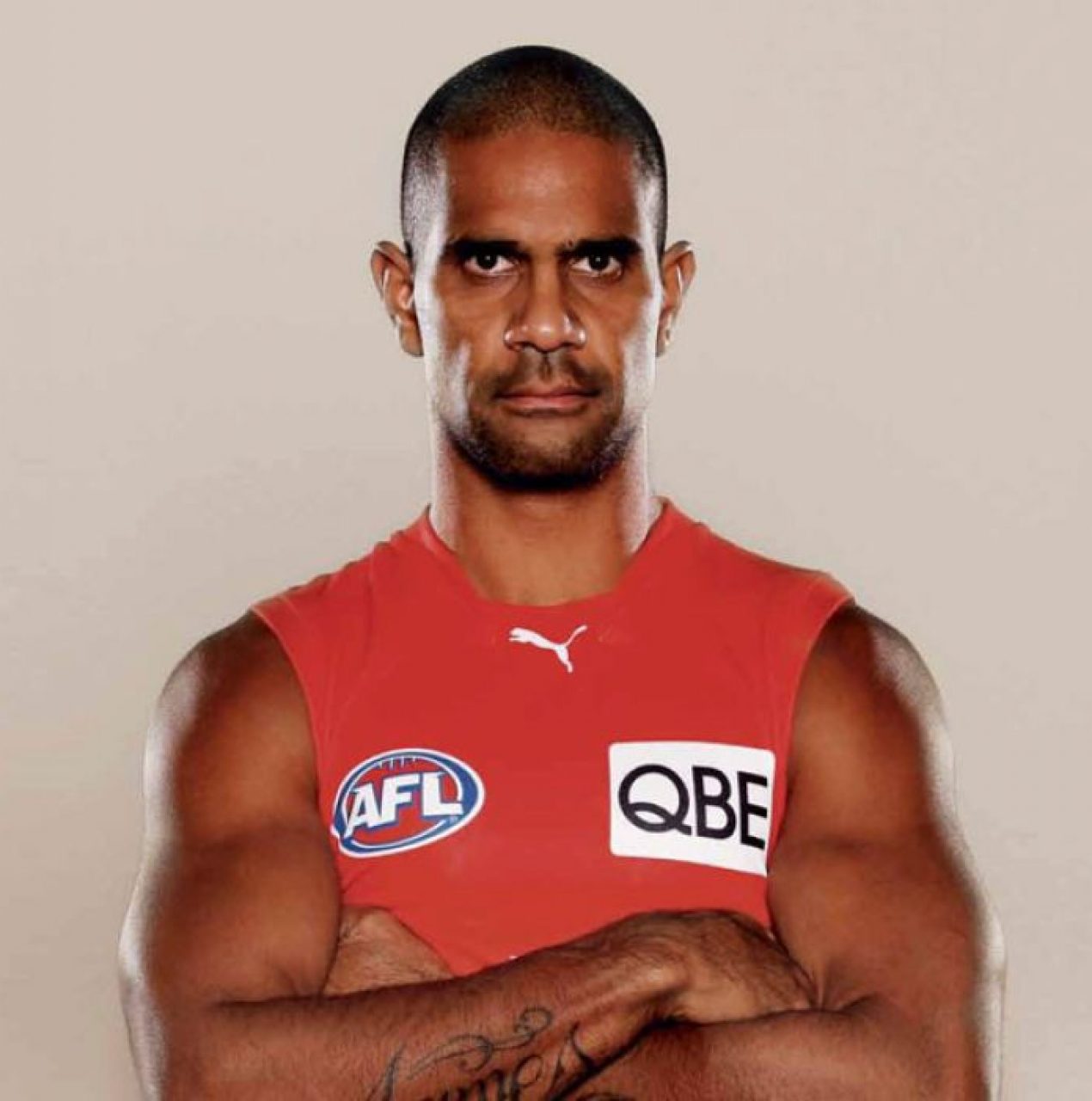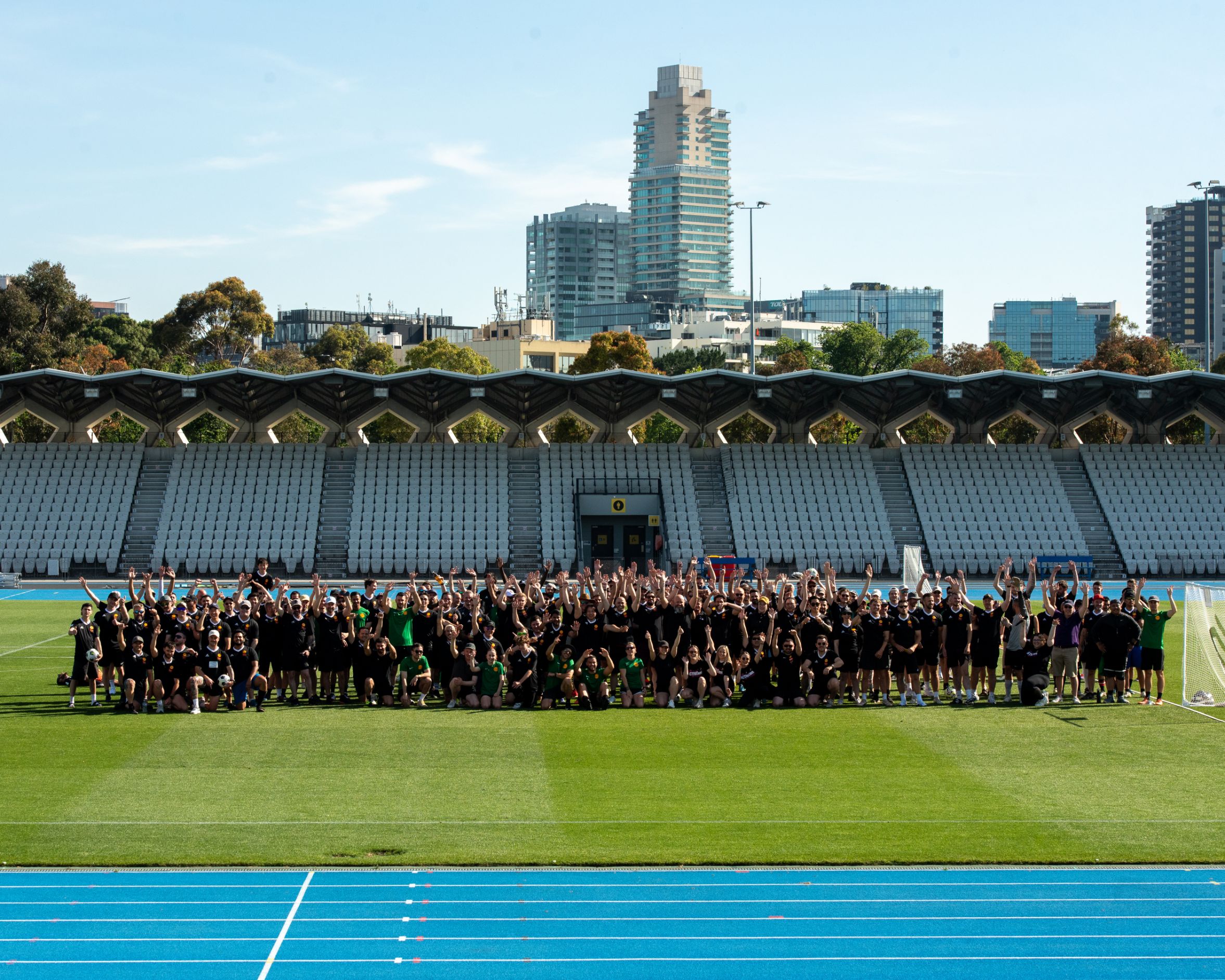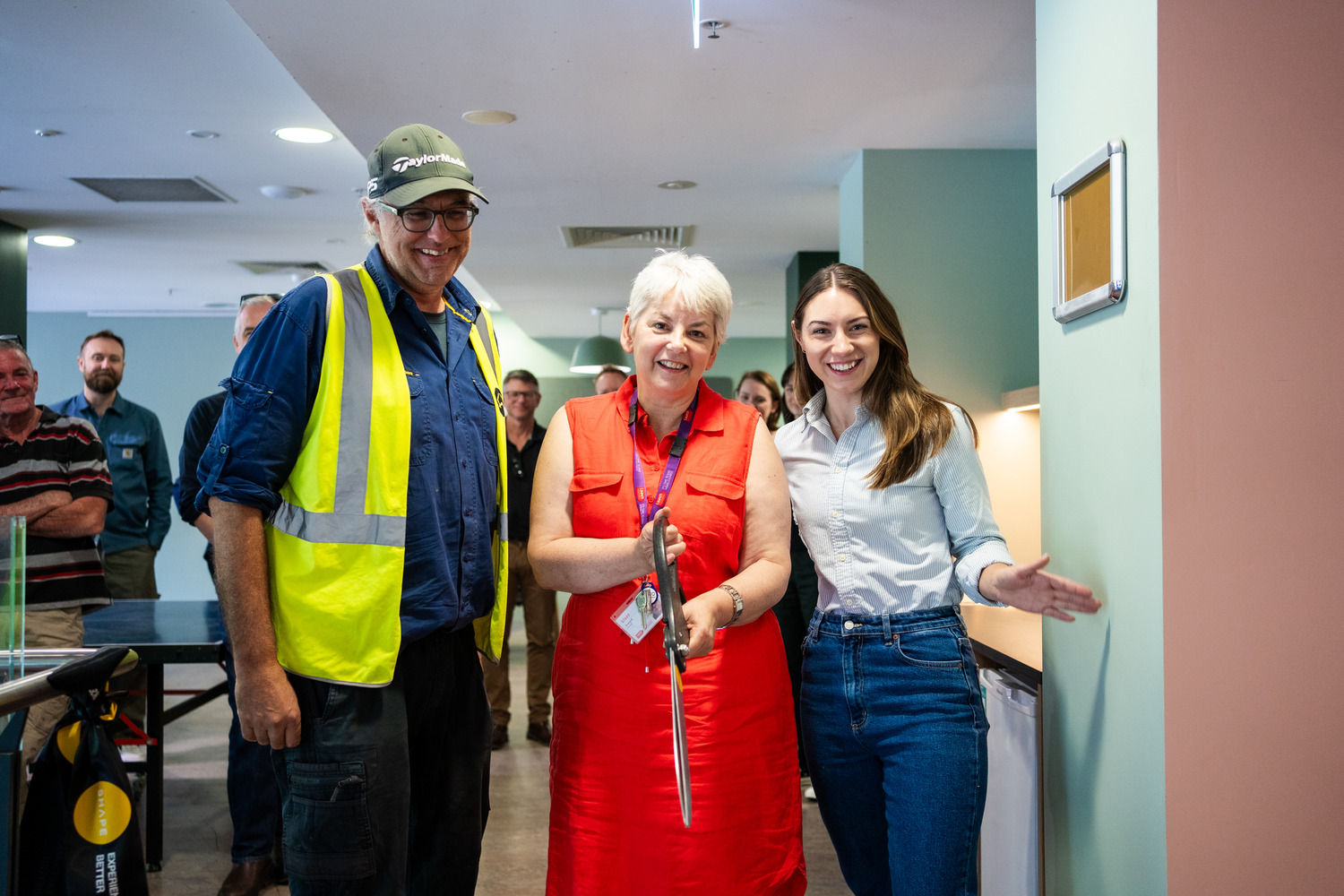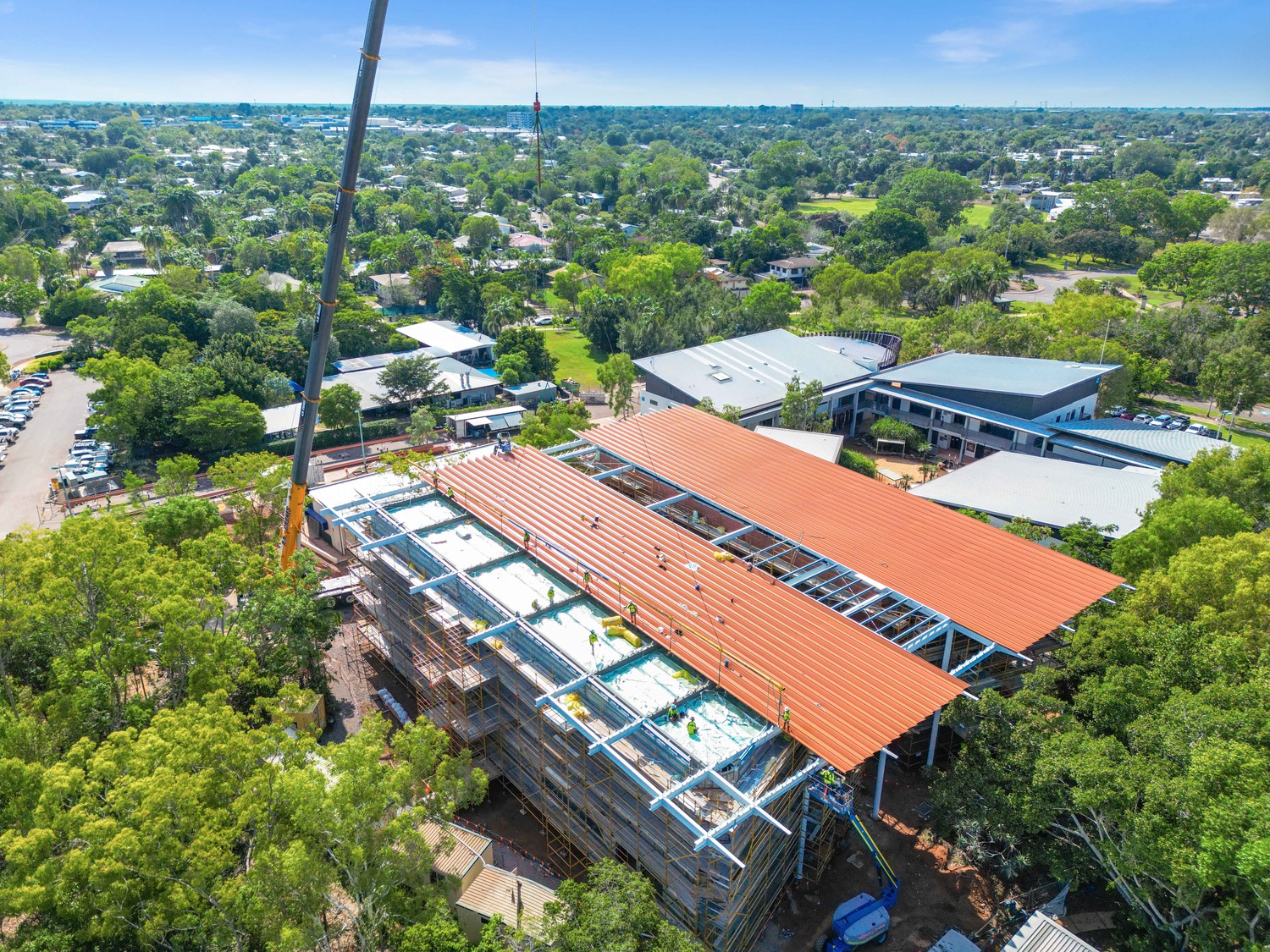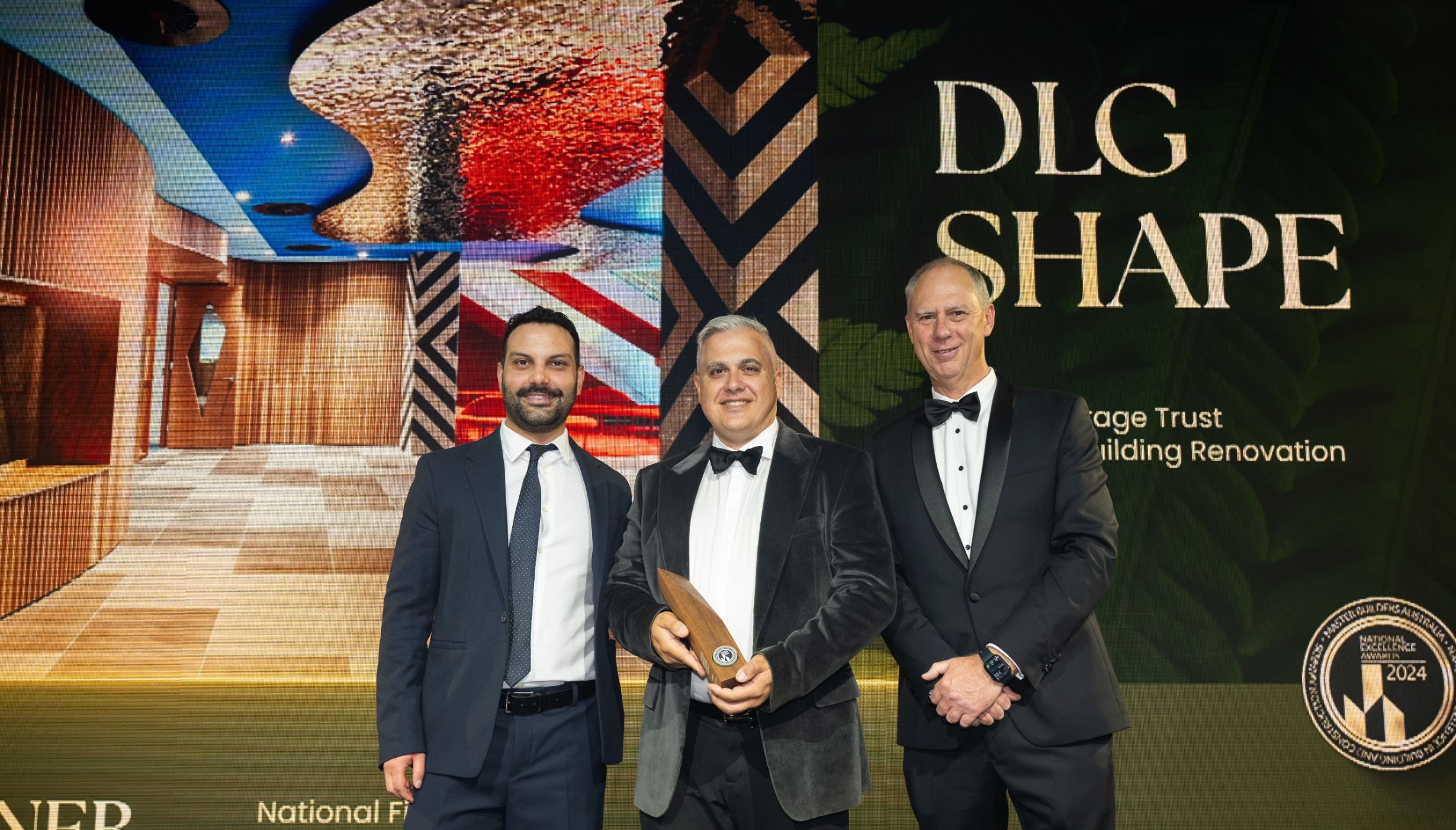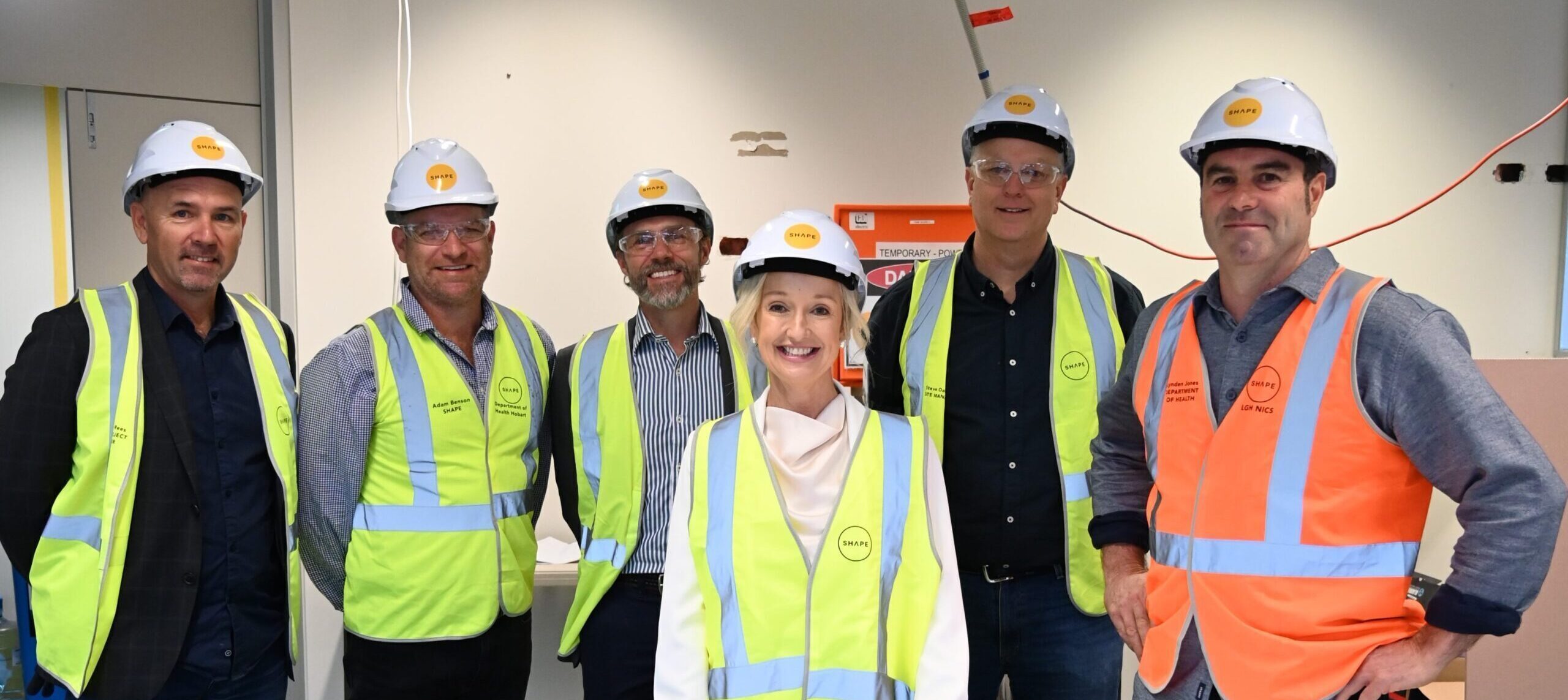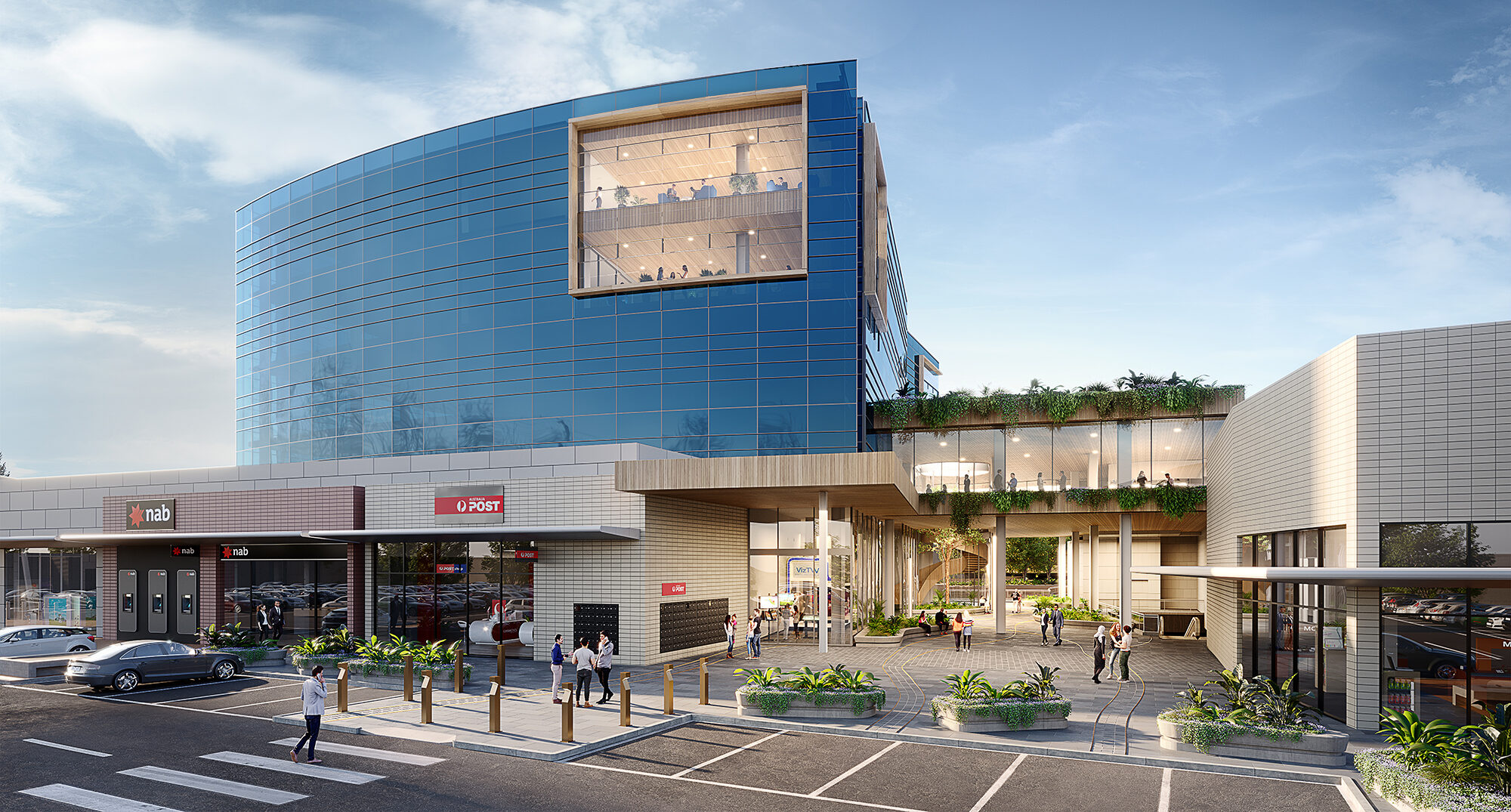Another key insight from the discussion was on how resilience and connection are a core component of Aboriginal culture. Michael called out how continuing to show up is half the battle. Getting Indigenous youth involved consistently is key to promoting positive change and leaders within the community are already helping to drive this.
He said: “We need to put our arms around our younger generation and show them they can do this if they put the work in. We need more education and support across all industries – we don’t just need more sport players; we need more executives too.”
This sentiment was also conveyed by fellow panellist, Jada Matthyssen-Whyman who said: “Anyone from any age or gender shouldn’t be afraid to say they don’t know something, they should be empowered to ask. Females, in particular, are doing that more now in traditionally male-dominated industries.”
David Liddiard who is Chairman of DLG SHAPE, a majority Indigenous-owned business that provides construction services across Australia, has been driving this empowerment by helping businesses develop their own reconciliation action plans.
David has been a dynamic driver in SHAPE’s journey towards Reconciliation, which began in 2015 following the Federal Government’s Indigenous procurement policy. Since then, SHAPE implemented its own RAP, which has invested more than $15 million with Aboriginal and Torres Strait Islander businesses, including working with Indigenous subcontractors and suppliers across Australia.
SHAPE’s RAP drives the team towards acknowledging and valuing the cultures and histories of Australia’s First Peoples, and recognises their role as the original custodians of the land on which we live. SHAPE also wants to play their part in closing the socio-economic gap between Aboriginal and Torres Strait Islander peoples and the broader Australian community, by building meaningful relationships and creating opportunities for employment and sustainable business to business engagement.
